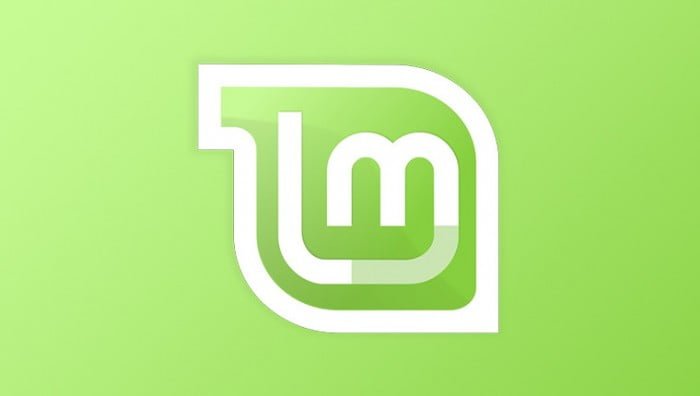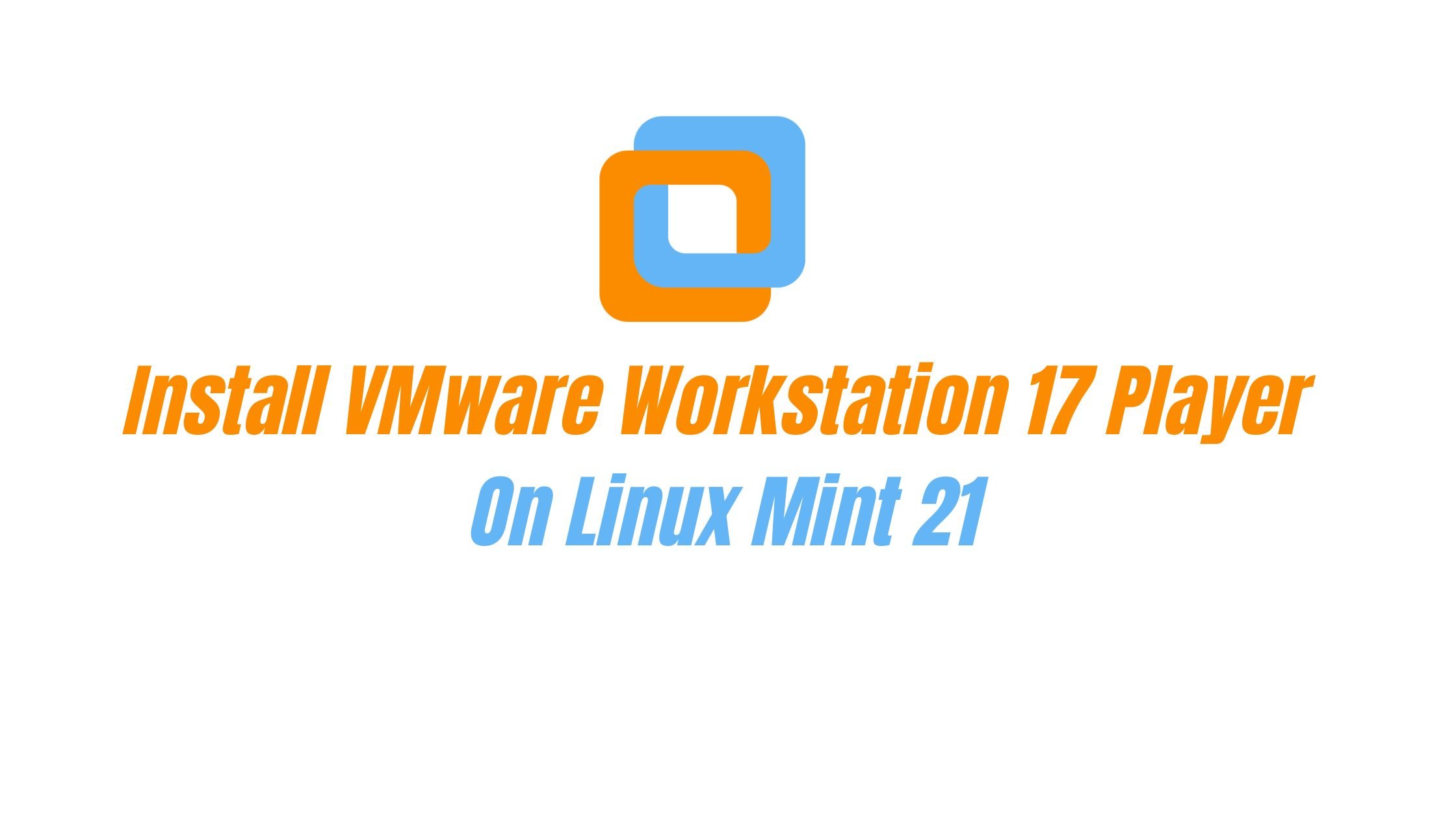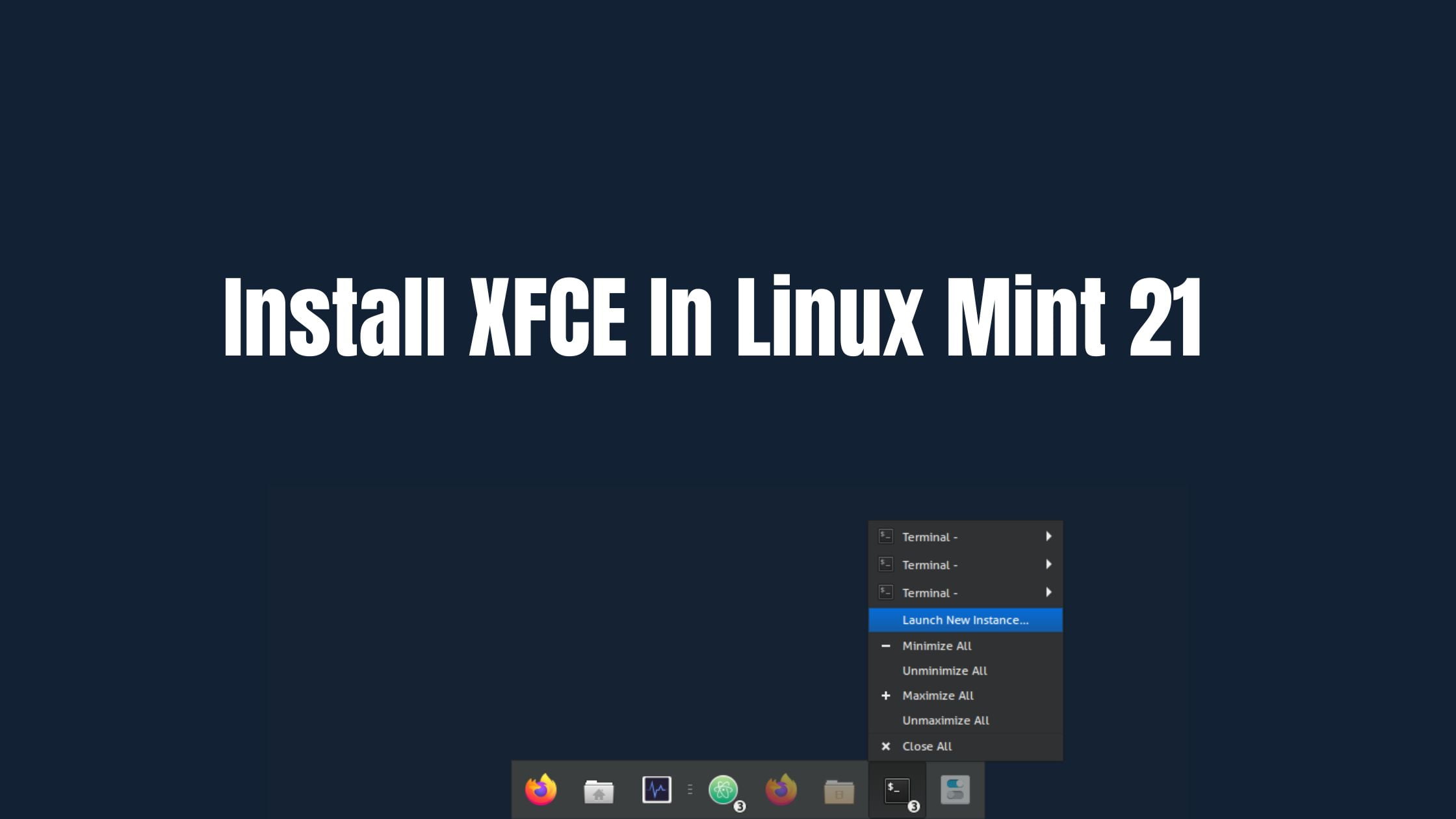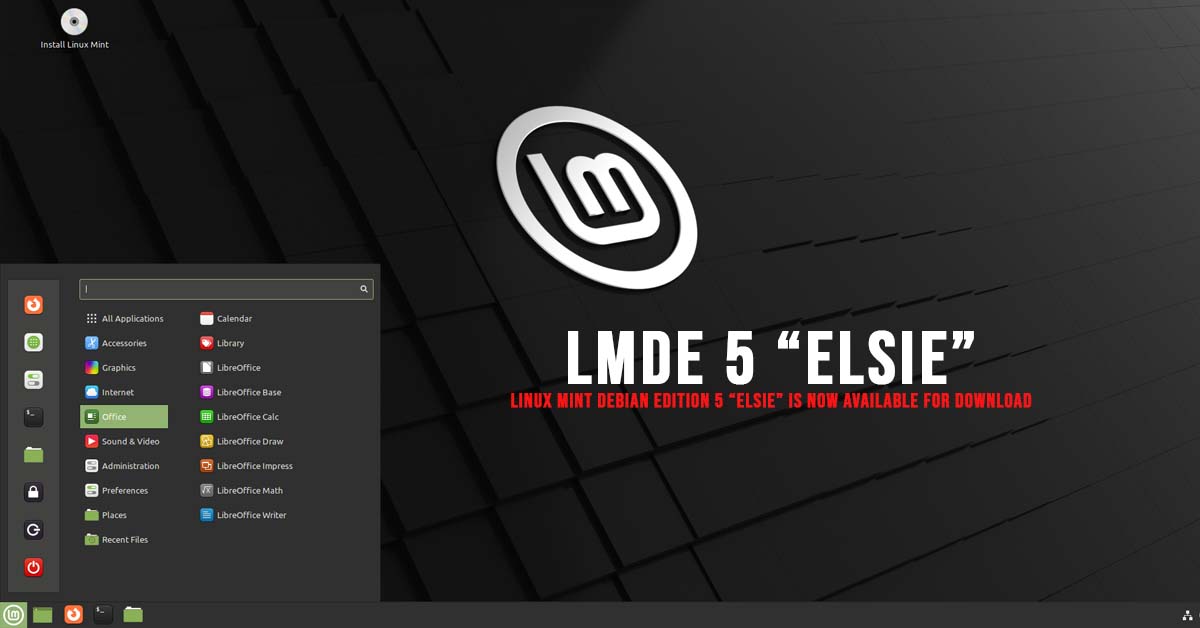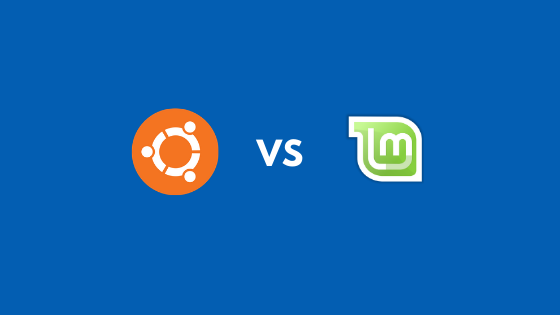Insight: Linux Mint dropped support for Ubuntu‘s Snap.
Linux Mint is one of the popular Linux operating systems. It is based on Ubuntu and Debian. Linux Mint 20, which is based on Ubuntu 20.04, is going to be released in June 2020. Meanwhile, Linux Mint has decided to drop support for Ubuntu’s Snap.
Linux Mint 20, like previous Mint releases, will not ship with any snaps or snapd installed. In Linux Mint 20, APT will forbid snapd from getting installed.
Linux Mint Dropped Ubuntu’s Snap
The reason behind why they were planning to dump Snap from last year:
When snap was announced it was supposed to be a solution, not a problem. It was supposed to make it possible to run newer apps on top of older libraries and to let 3rd party editors publish their software easily towards multiple distributions, just like Flatpak and AppImage. What we didn’t want it to be was for Canonical to control the distribution of software between distributions and 3rd party editors, to prevent direct distribution from editors, to make it so software worked better in Ubuntu than anywhere else and to make its store a requirement.
If you’re a Fedora user and you want to install Spotify, you’re told to go tohttps://snapcraft.io/spotify. Spotify doesn’t distribute RPM packages, appimage, Flatpak or anything useful to a Fedora user who wants to download it, or to a Fedora maintainer who wants to add it to a repository. Fedora users are told to go to what is essentially a commercial store operated by a RedHat competitor where stats tell them their distribution is only 7th best.
Lead developer, Clement “Clem” Lefebvre further explained:
A year later, in the Ubuntu 20.04 package base, the Chromium package is indeed empty and acting, without your consent, as a backdoor by connecting your computer to the Ubuntu Store. Applications in this store cannot be patched, or pinned. You can’t audit them, hold them, modify them or even point snap to a different store. You’ve as much empowerment with this as if you were using proprietary software, i.e. none. This is in effect similar to a commercial proprietary solution, but with two major differences: It runs as root, and it installs itself without asking you.

